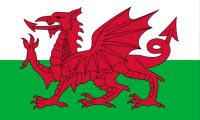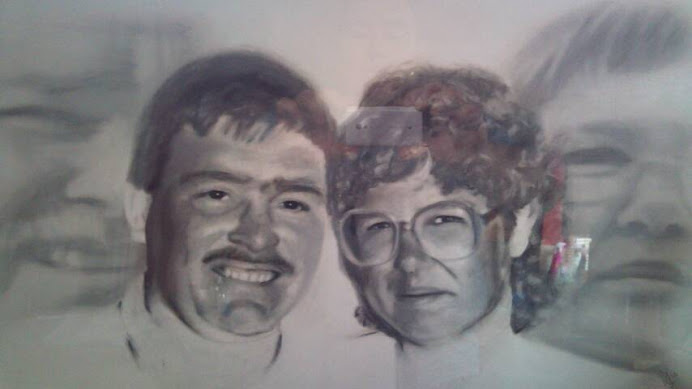My lack of understanding regarding racism was matched by my inability to separate the term ‘Apartheid’ from Africa. Well, the two go hand-in-hand don’t they? Or so I thought until my academic horizons were raised.
RR Davies in his work “Owain Glyn Dwr – Prince of Wales” explains the gulf that existed between the Welsh and the English in terms of Apartheid (p. 140). During the Welsh Rebellion that was led by Owain ap Gruffudd Fychan ap Gruffudd (Owain Glyn Dwr), the Penal Laws were passed by the English Parliament in 1401-02. These laws served to widen the significant gulf that already existed between the peoples of these neighbouring nations. The Penal Laws intended that no Welshman could hold any office of importance, or register as a political official or representative of a borough in Wales. Nor could he buy land in the boroughs of Wales and the border areas between Wales and England. No Englishman could be tried for a crime by a Welshman. The Penal Laws defined the Welsh and the English as two different nations with the Welsh regarded in law as the inferior of the two peoples. The stated inferiority meant that an Englishman, who felt that he had been wronged by a Welshman, could turn to the Penal Laws for redress. This was colonialism long before the mad rush for Africa.
The term ‘Apartheid’ may have been in popular use many centuries later, but the Penal Laws and the time preceding and following these laws are evidence of the existence of Apartheid in Wales before and during the 15C.
This Apartheid also led to suspicion and to men of worth losing their role in society due to the poor application of the Penal Laws. Legal interpretation can always be hazy, and I understand that you should not confuse the law with justice. There are significant examples of injustices suffered by the Welsh during this period. These injustices were replicated several hundred years later with the transportation of slaves from Africa. The west coast of Ghana was a prime departure point for the unfortunate slaves. The slaves had little in common with their new masters. Body structure, skin tone and facial recognition were all different. Many of the slaves had facial markings to aid tribal identification during close combat. It is little wonder that racism occurred as the slave trade died out and these dispossessed persons had to be fully integrated into new societies.
It was an inevitable outcome of the civilising process that the trading of slaves would cease. The end of slave trading was as inevitable, as the outcome of the people of Wales and England evolving to exist in harmony. Integration through marriage, friendships and industry bring people together and make it more difficult for fault lines to appear. Although, for Western society, events in nearby Bosnia, is evidence that these faults can occur and when they do the results can be catastrophic.
The book ‘War of the World’ by historian and author Niall Fergusson examines political violence throughout the 20C. It’s a great read, but what strikes home more than anything else, is how easily society crumbles to allow racism to take over. It is a fine line, and all too often it is crossed.
22 July 2010
Subscribe to:
Comments (Atom)

Custom Search




